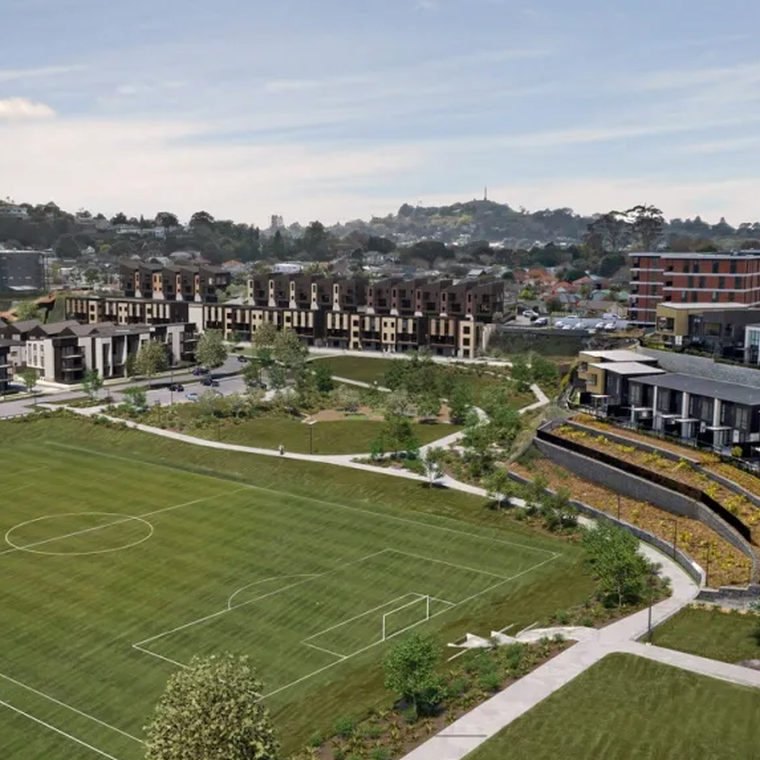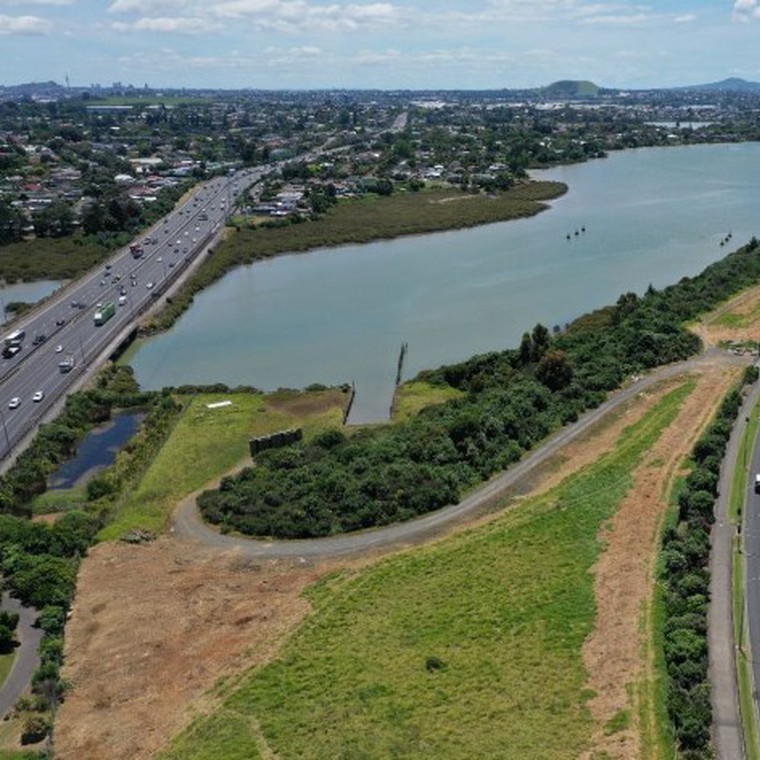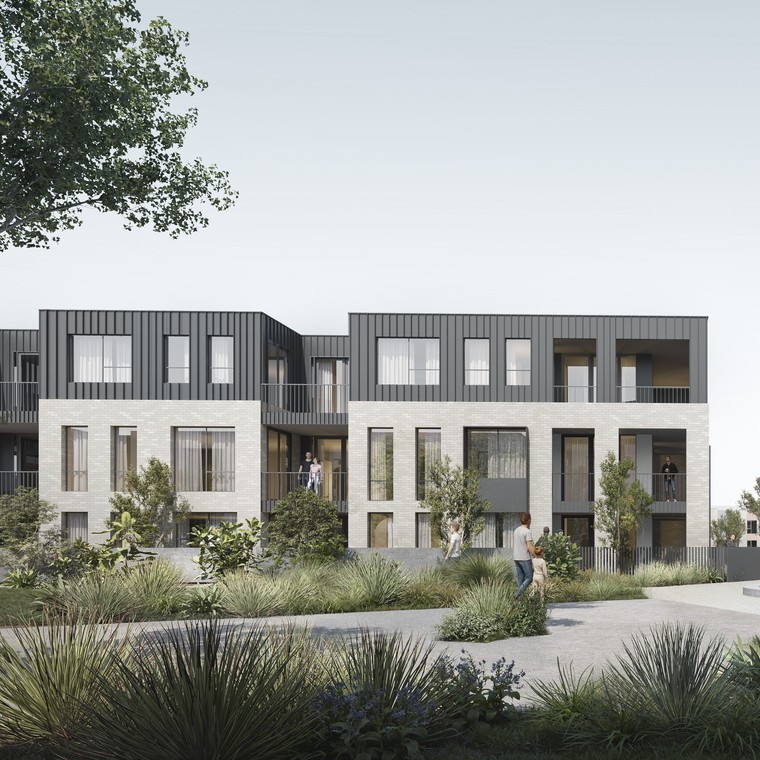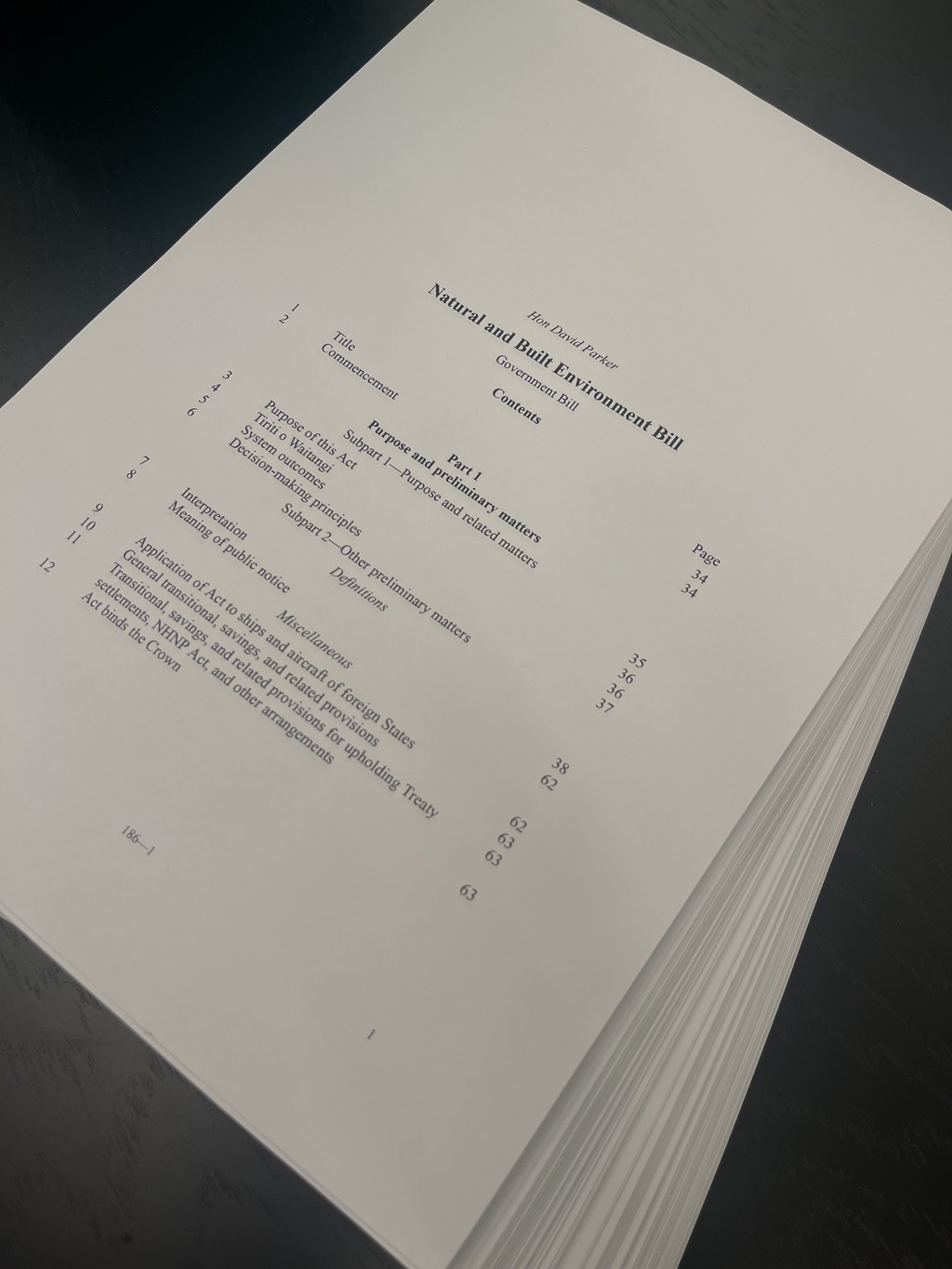Simon Berry joins discussion on the Natural and Built Environment Bill
Fri March 17th 2023
Simon Berry joined two other panellists at the Legalwise Environmental Law and Climate Change Summit.
On 13 March 2023, Simon Berry participated in a panel discussion on the Natural and Built Environment Bill (NBEB) at the Legalwise Environmental Law and Climate Change Summit. Other panel members were Phil Mitchell, of Mitchell Daysh, and Megan Tyler, Chief of Strategy at Auckland Council.
The Panel’s role was to discuss whether the NBEB “provides what is needed” and “gets the balance right in terms of protecting what matters vs reducing the inefficiencies in the current system.”
Phil Mitchell was highly critical of the process that has been followed in relation to the review of the Bill, contrasting it with the comprehensive process of review and “contest of ideas” that marked the introduction of the RMA. He considers that the NBEB is most definitely not fit for purpose and considers that the Ministry for the Environment should ‘hit the pause button’ and undertake a thorough review of the Bill.
Megan Tyler’s comments predominantly related to the objectives and purpose of the Bill. She considers that the Bill will not deliver transformational change nor reduce the complexity of the current system, and that the purpose of the NBEB is overly complex and introduces a range of new concepts with no guidance on how to balance competing interests.
Simon addressed the subtlety and complexity of the new purpose of the NBEB (which contains eight concepts), followed by the requirement to ‘give effect to’ the Treaty of Waitangi, and a slew of “system outcomes” and “decision-making principles”, many of which are novel. He said that this will give rise to years of litigation – even where concepts have been carried through from the RMA, the value of existing jurisprudence will be limited by the need to interpret them in the new context.
Turning to aspects of the NBEB that are most relevant to private consent applicants, Simon noted:
- Much greater direction from Central Government, raising issues as to whether ‘one size fits all’ represents a sound approach and opportunities for participation.
- A fundamental shift in focus from effects to environmental outcomes to be included in plans, with a broader range of permitted activities based on these bottom lines.
- Removal of non-complying or restricted discretionary activity status and the presumption that discretionary activities will be notified.
- The ‘minor effects’ test for notification has been replaced with a convoluted series of factors, including consideration of positive effects – obtaining clarification of these tests will take time, but at least jurisdiction over notification will lie with the Environment Court.
- Broader powers of review for consent authorities, including the ability to cancel consent to achieve compliance with limits or targets.
- All water take and discharge consents will be limited to 10 years and such consents will be limited to a three year duration during the transition period. (There is a carve-out for council and infrastructure operators.)
- The permitted baseline will be replaced by a requirement to consider the future environment as envisaged by the plans.
- The ‘first come, first served’ concept will be replaced by decisions based on sustainability, efficiency and equity.
Simon says, “I consider that 'the bones' of the NBEB are sound in the sense that it carries forward much of the machinery of the RMA in a potentially more efficient manner. However, and with no disrespect to its authors, it is overly complex and will take years to bed down. It needs to be simplified and to half its current length. I agree with Phil that we should take more time to get this legislation right”.
Despite these strong criticisms from the Resource Management community, Minister Parker has made clear that he will not countenance any delay in the enactment of the NBEB.
If your organisation would like to hear from us on these issues, please get in touch.
News & Updates

Court rejects Council's Three Kings Development Contributions Challenge
The High Court decision demonstrates opportunistic development contribution assessments by Auckland Council can be successfully challenged.
Fri May 30th 2025

Consent obtained for the first digital billboard in Richmond
The Berry Simons' Digital Billboard Team obtains consent despite opposition on traffic safety grounds and effect on amenity values.
Fri Dec. 20th 2024

Rezoning approved for Otara residential development
Approval of Plan Change 90 to the AUP allows rezoning of land from business to residential.
Thu Nov. 28th 2024

Consent granted for Peachgrove Development
A fast-track panel has approved consent to construct a mixed-use development in Hamilton East.
Thu Oct. 31st 2024

